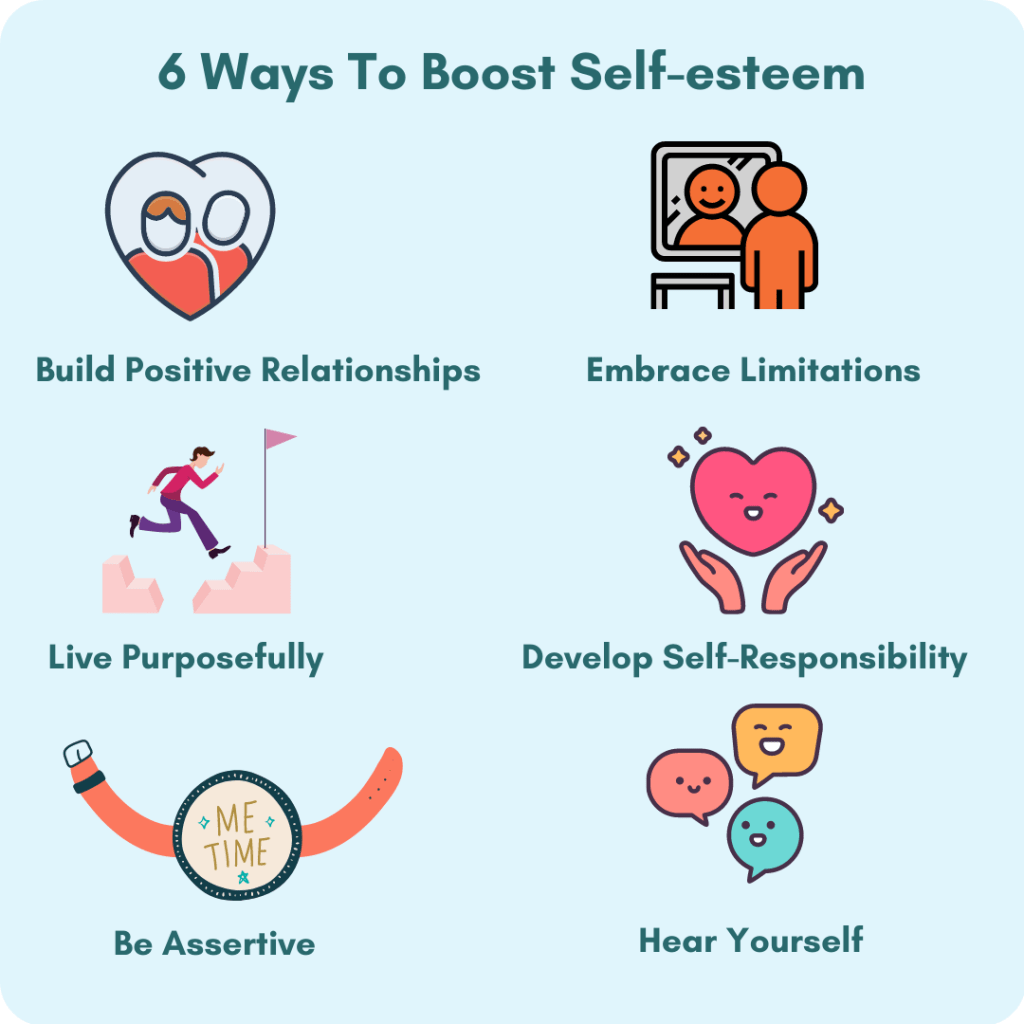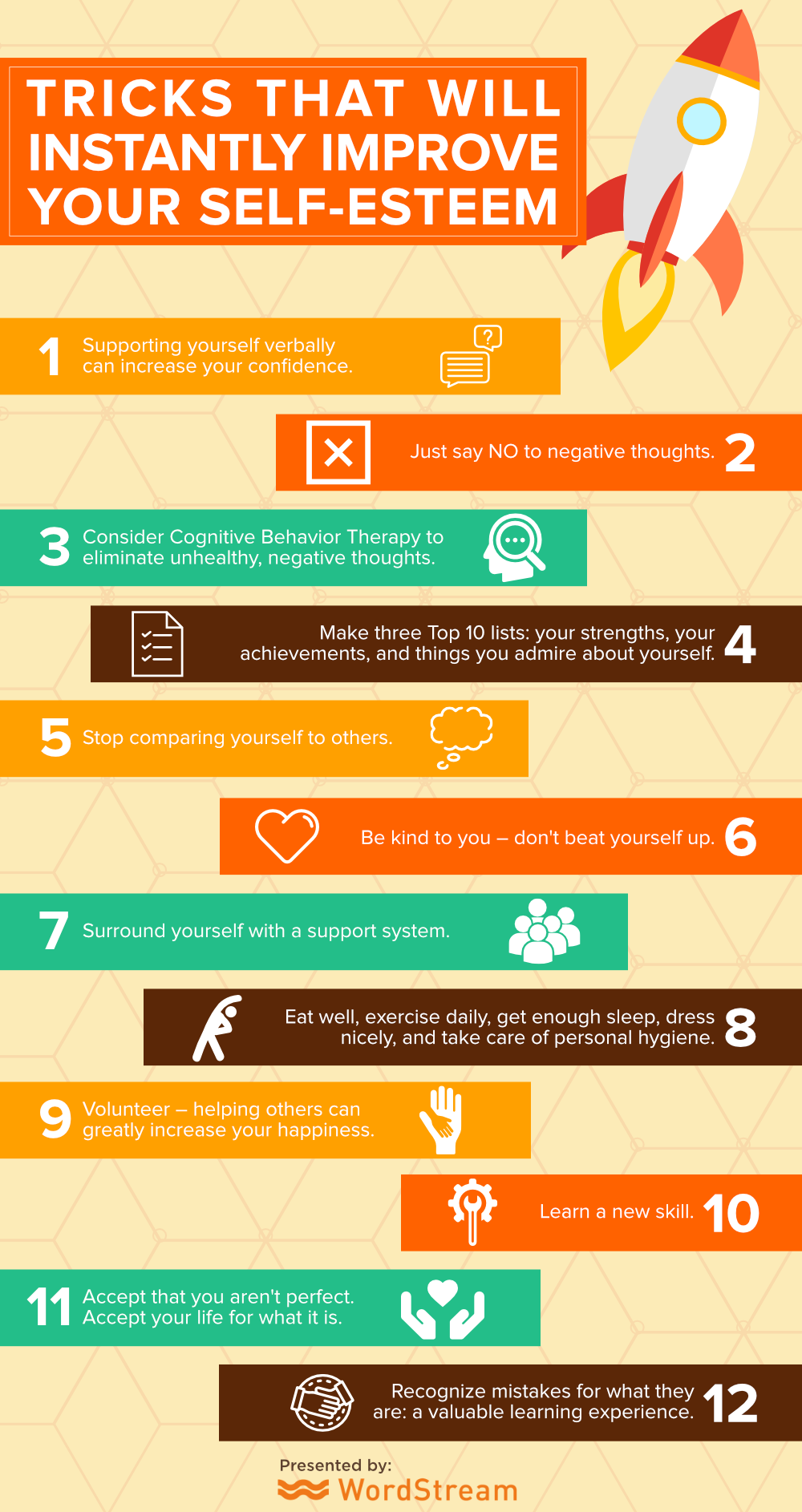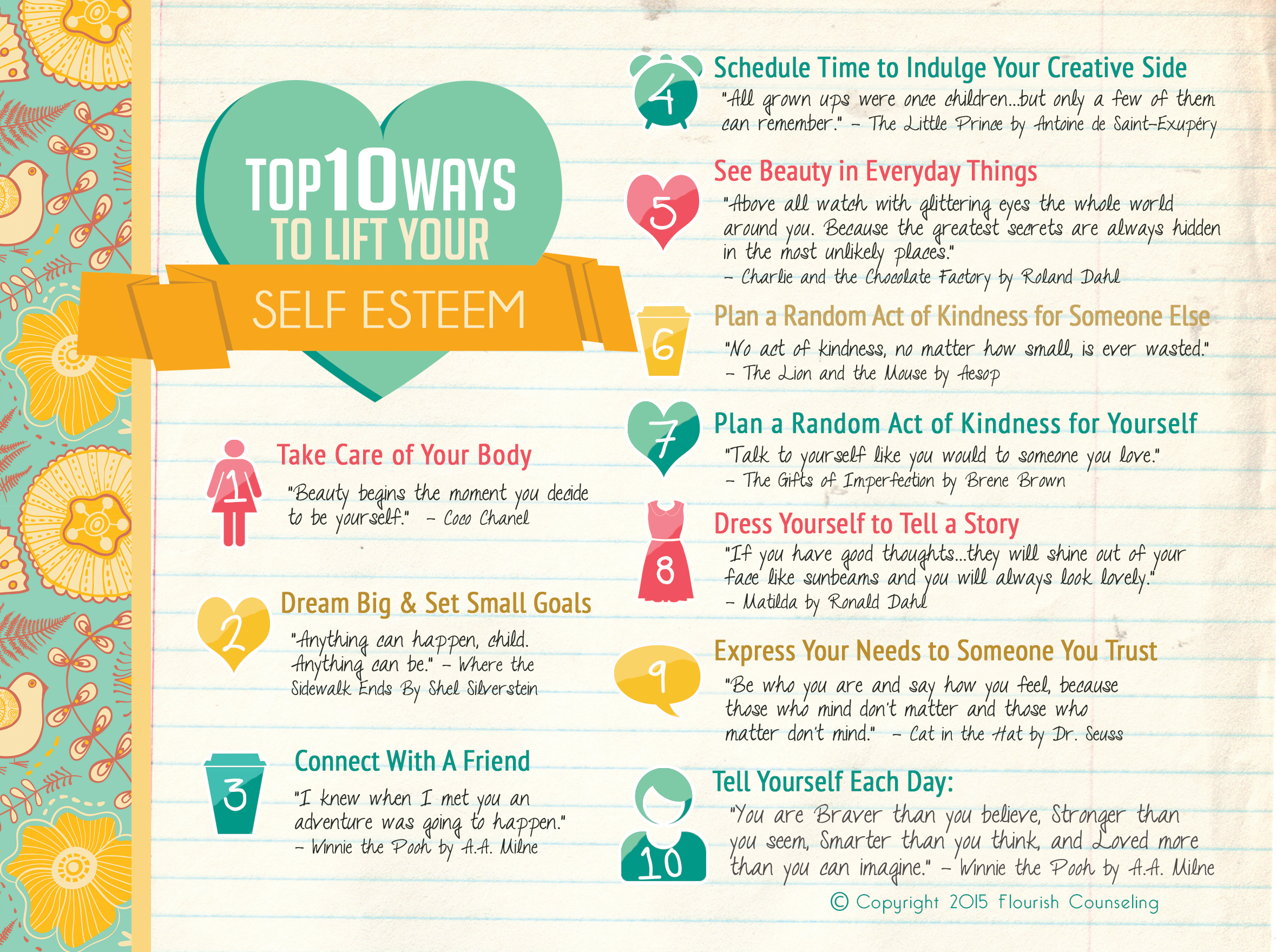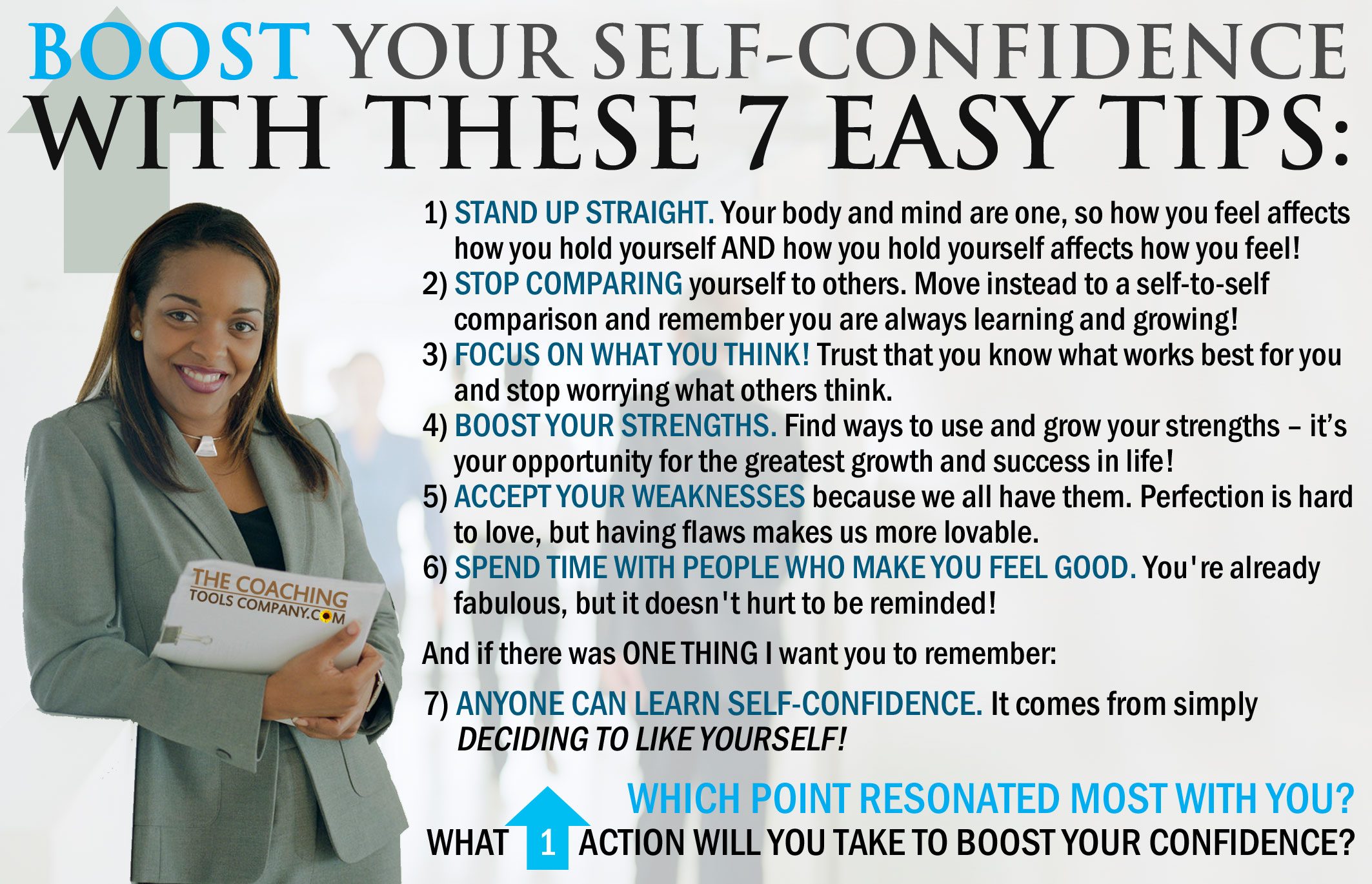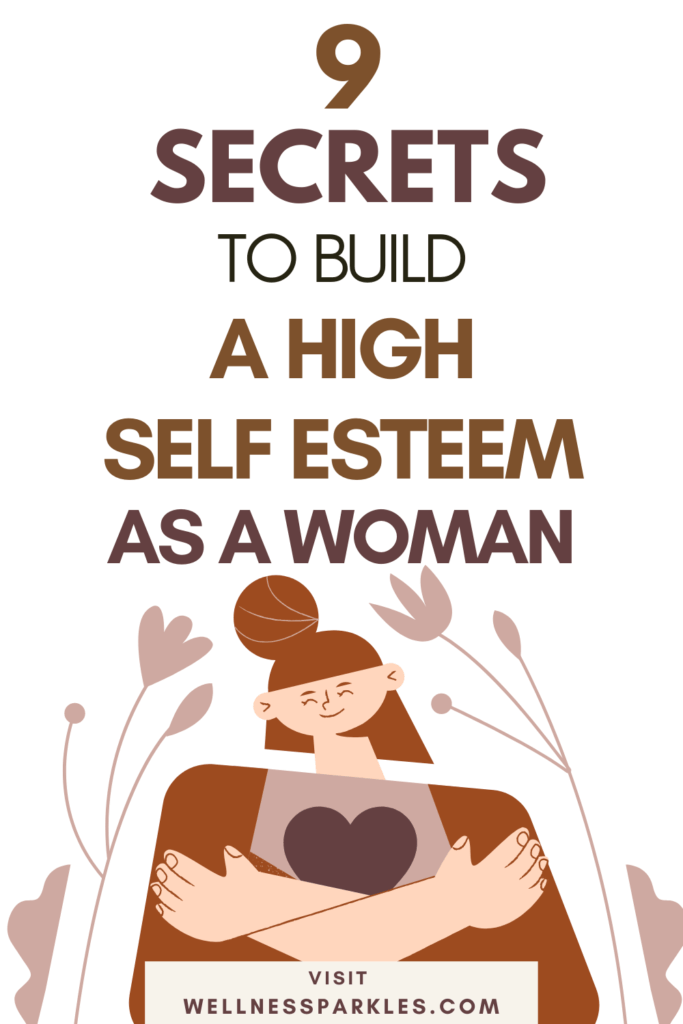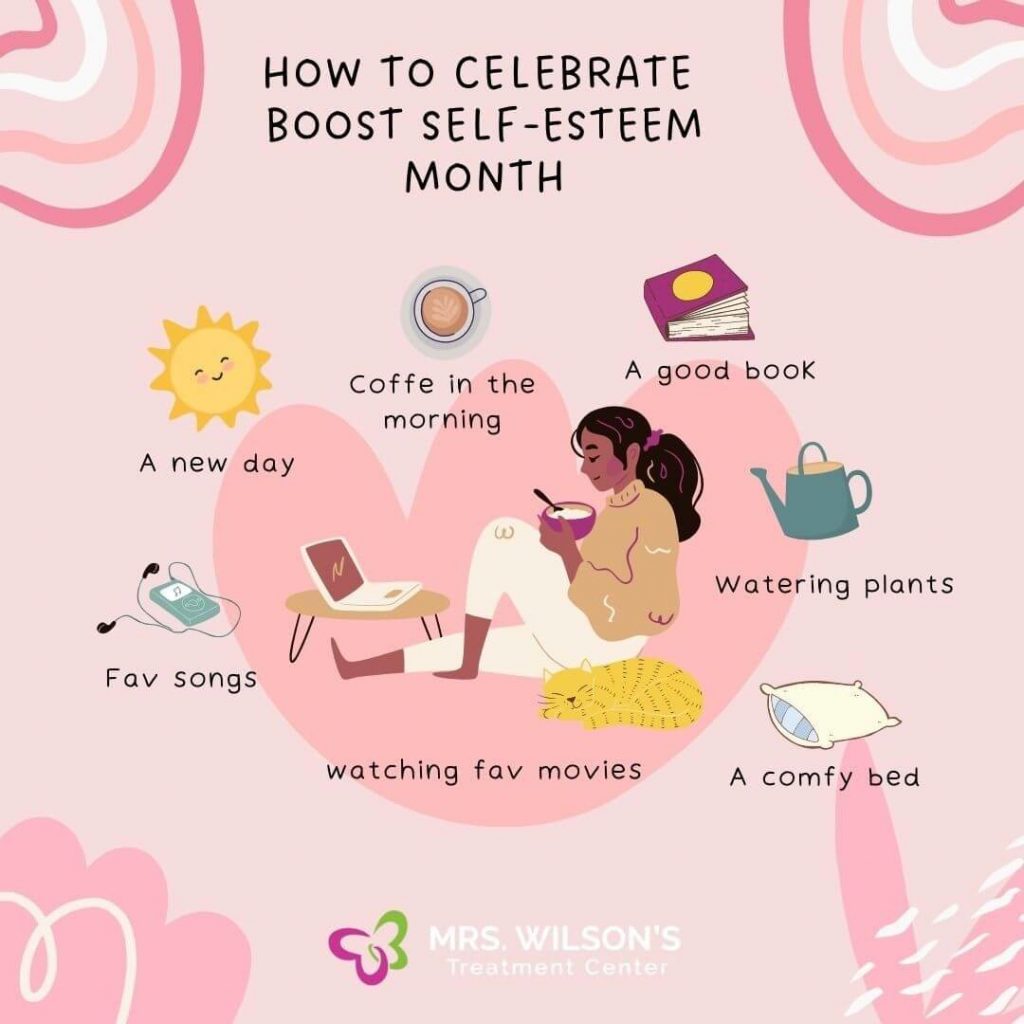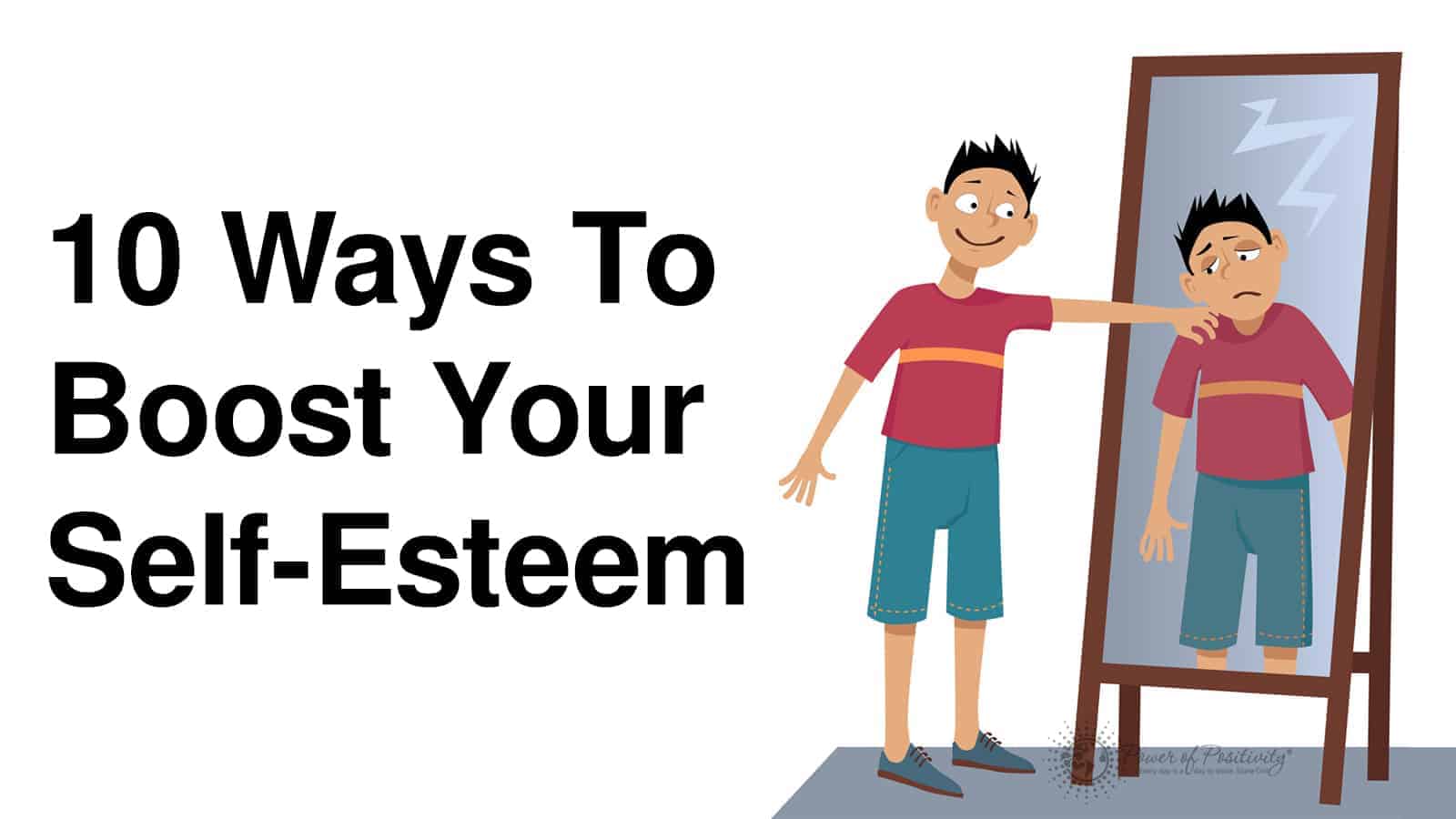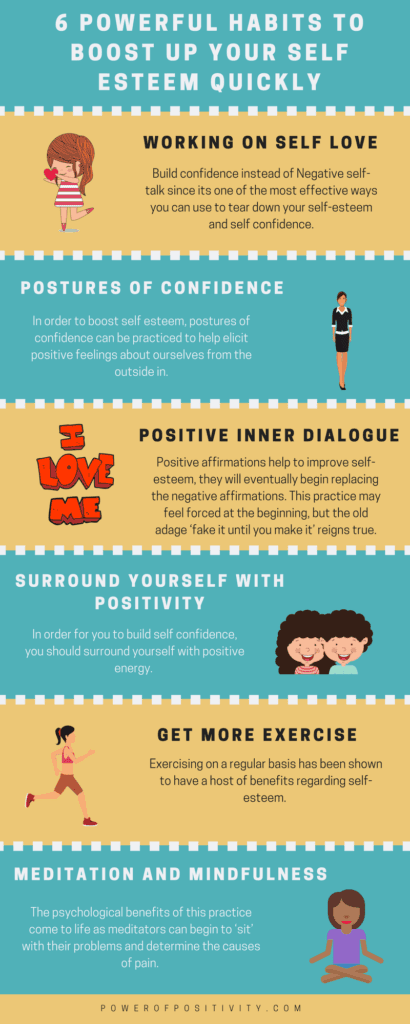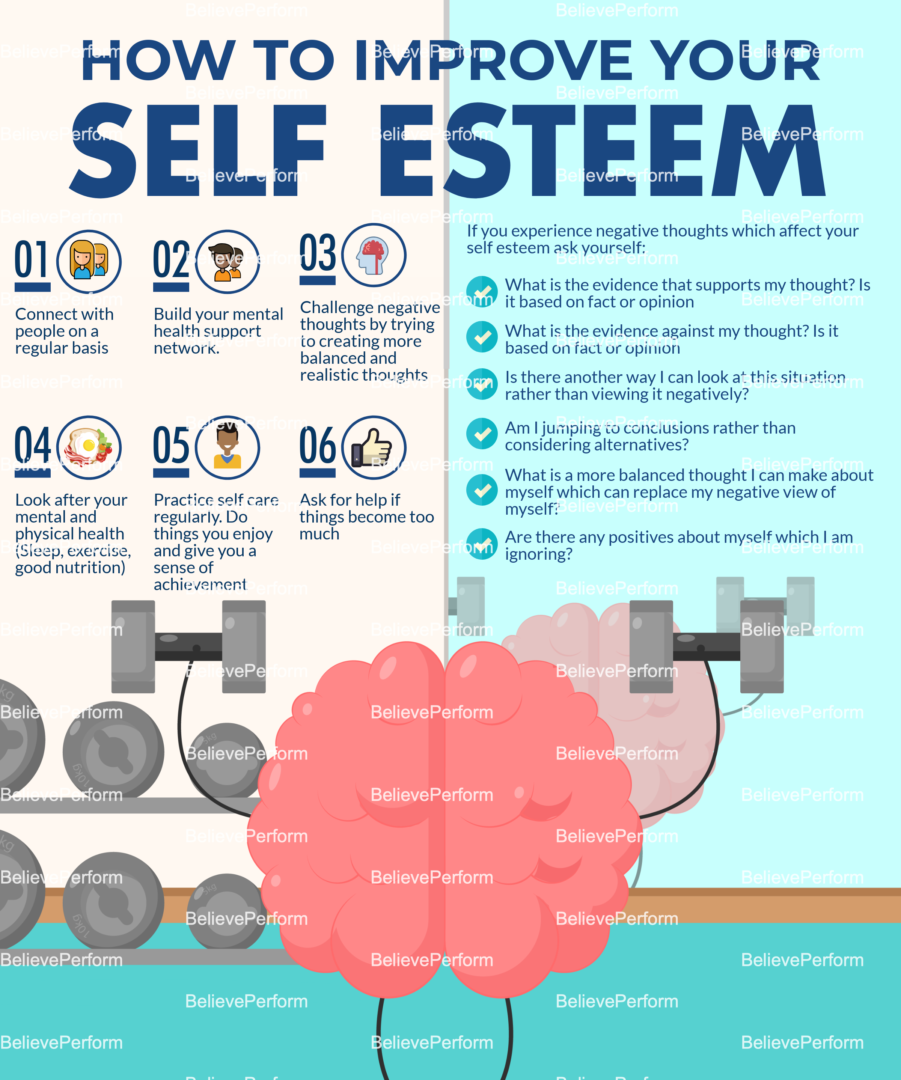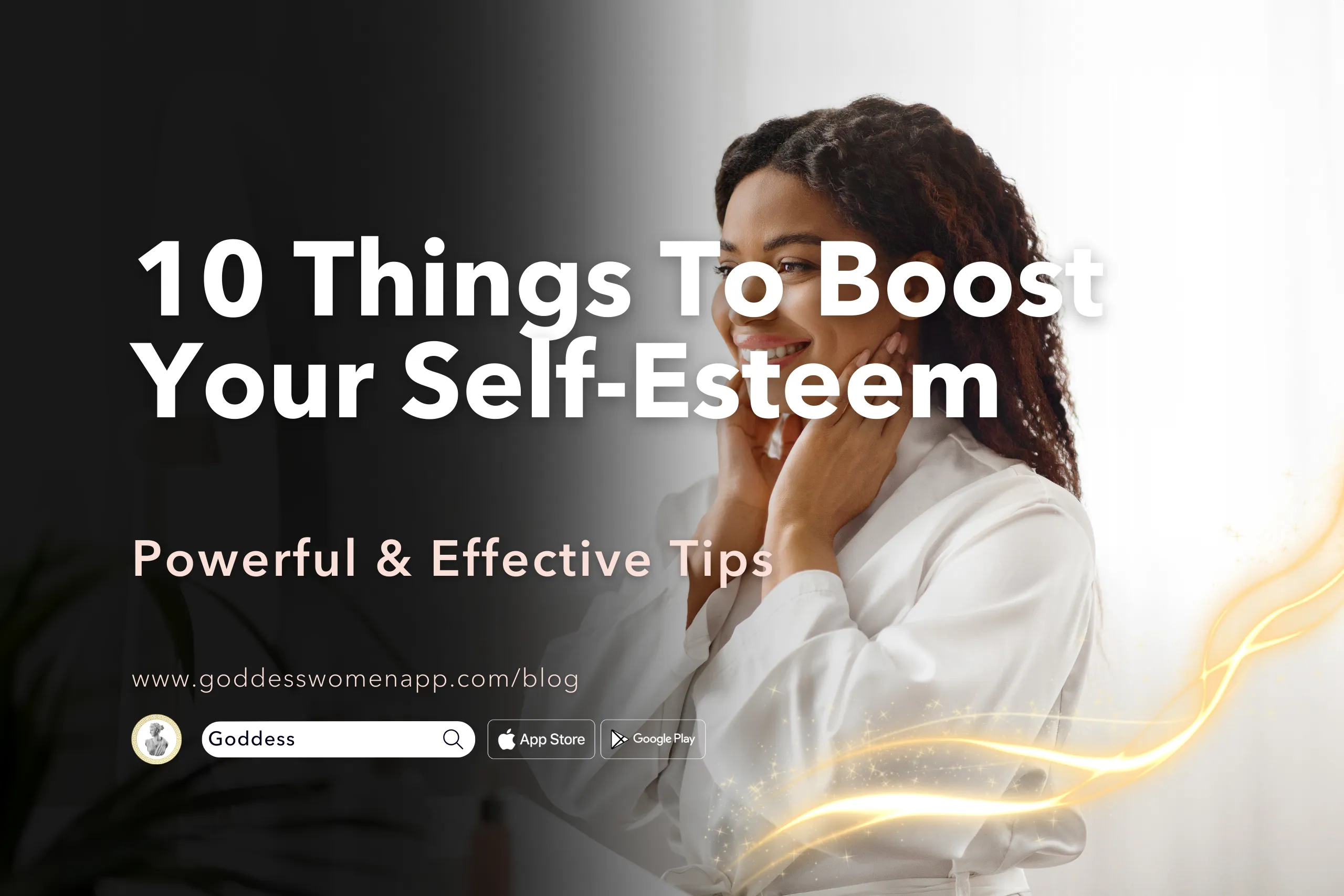How To Boost A Woman's Self Esteem

In a world often saturated with unrealistic beauty standards and societal pressures, cultivating and maintaining healthy self-esteem can be a significant challenge, particularly for women. Understanding the multifaceted nature of self-esteem and implementing practical strategies to boost it is crucial for overall well-being and empowerment.
This article delves into actionable techniques and insights designed to help women enhance their self-perception and confidence. These approaches are gleaned from psychological research and expert recommendations.
Understanding Self-Esteem
Self-esteem is defined as an individual’s subjective evaluation of their own worth. It's the opinion you have of yourself and encompasses beliefs about your abilities, competence, and value. A healthy level of self-esteem allows individuals to face challenges with resilience and pursue their goals with confidence.
Challenging Negative Self-Talk
One of the most pervasive barriers to positive self-esteem is negative self-talk. This internal monologue often consists of critical or dismissive thoughts about oneself. Identifying and challenging these negative thoughts is a critical first step.
Cognitive Behavioral Therapy (CBT) techniques can be helpful in this process. Practicing thought records, where you write down negative thoughts, identify the associated emotions, and challenge the validity of the thoughts with evidence, can significantly reduce their impact.
Practicing Self-Compassion
Self-compassion involves treating yourself with the same kindness and understanding you would offer to a friend struggling with a similar situation. Dr. Kristin Neff, a leading researcher in self-compassion, emphasizes three core components: self-kindness, common humanity, and mindfulness.
Self-kindness involves being gentle and understanding with yourself, rather than harsh and critical. Common humanity recognizes that imperfections and struggles are a shared human experience, not a sign of personal failure. Mindfulness involves observing your thoughts and feelings without judgment, allowing you to acknowledge your struggles without getting swept away by them.
Setting Realistic Goals
Setting achievable goals and celebrating small victories can provide a sense of accomplishment and boost self-esteem. Avoid setting overly ambitious goals that are likely to lead to disappointment. Instead, break down larger goals into smaller, manageable steps.
Focus on progress rather than perfection. This approach fosters a sense of competence and reinforces positive self-perception.
Focusing on Strengths
It’s easy to get caught up in focusing on perceived weaknesses and shortcomings. Actively identifying and cultivating your strengths can shift your perspective and boost self-esteem. Consider what activities make you feel energized and competent.
Engage in these activities regularly to reinforce your positive self-image. Seeking feedback from trusted friends or family members can also provide valuable insights into your strengths.
Building Supportive Relationships
The people we surround ourselves with significantly impact our self-esteem. Cultivating relationships with supportive, encouraging, and positive individuals can create a safe space to build self-confidence. Identify and limit contact with individuals who are consistently critical, negative, or draining.
Prioritize relationships that uplift and empower you. This provides a crucial support system during challenging times.
Taking Care of Physical Health
Physical health and mental well-being are interconnected. Regular exercise, a balanced diet, and sufficient sleep can significantly impact self-esteem. Exercise releases endorphins, which have mood-boosting effects.
A healthy diet provides the necessary nutrients for optimal brain function. Adequate sleep allows the body and mind to rest and recharge, reducing stress and improving overall mood.
Seeking Professional Help
If self-esteem issues are persistent and significantly impacting daily life, seeking professional help is highly recommended. Therapists can provide guidance and support in identifying the root causes of low self-esteem and developing effective coping strategies.
CBT and other therapeutic approaches can be particularly helpful in addressing negative thought patterns and building self-compassion. Don't hesitate to reach out to a qualified mental health professional.
Boosting self-esteem is an ongoing process that requires patience, self-awareness, and consistent effort. By implementing these strategies and cultivating a positive self-perception, women can empower themselves to live more fulfilling and confident lives. Remember, building self-esteem is an investment in your well-being and overall quality of life.

